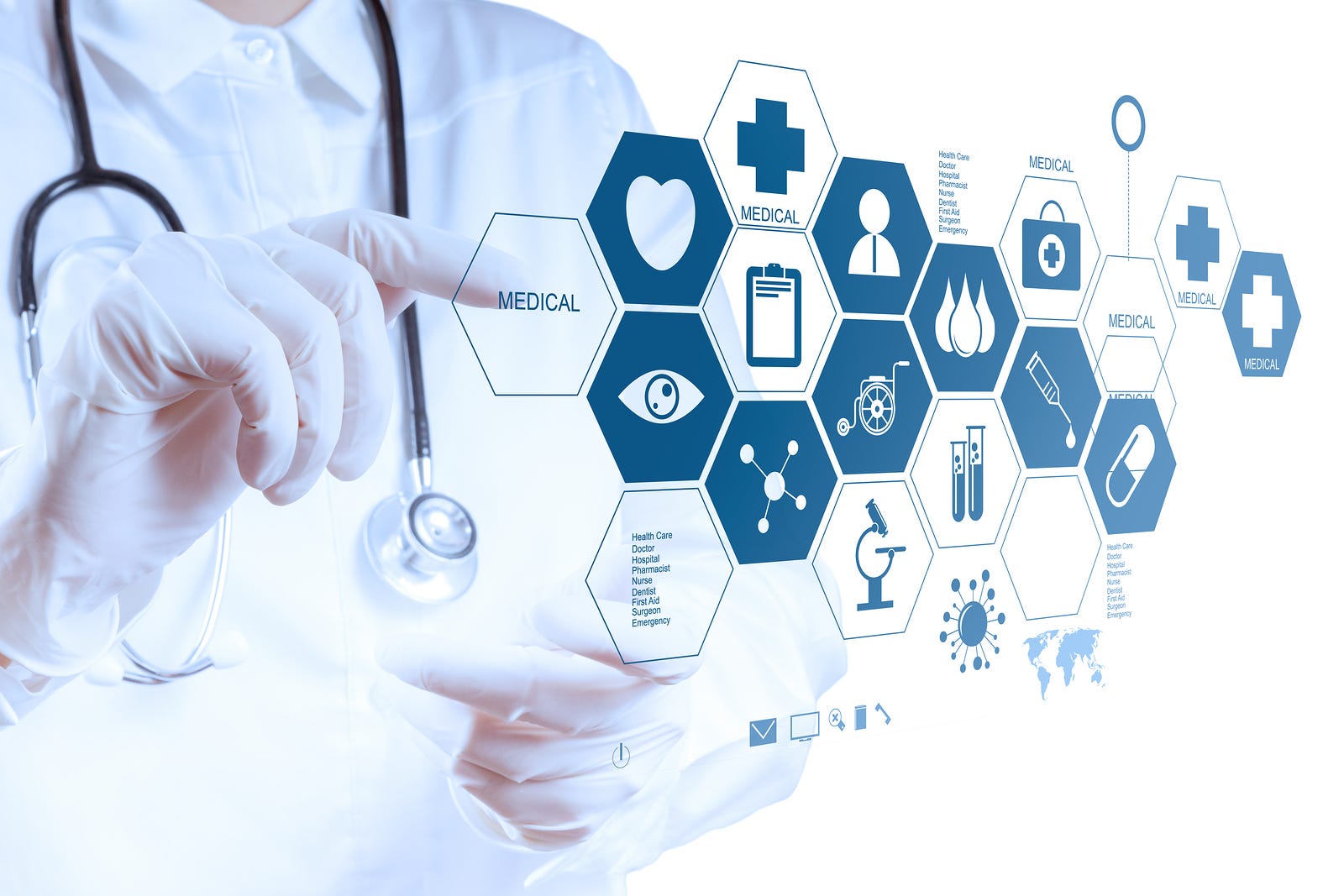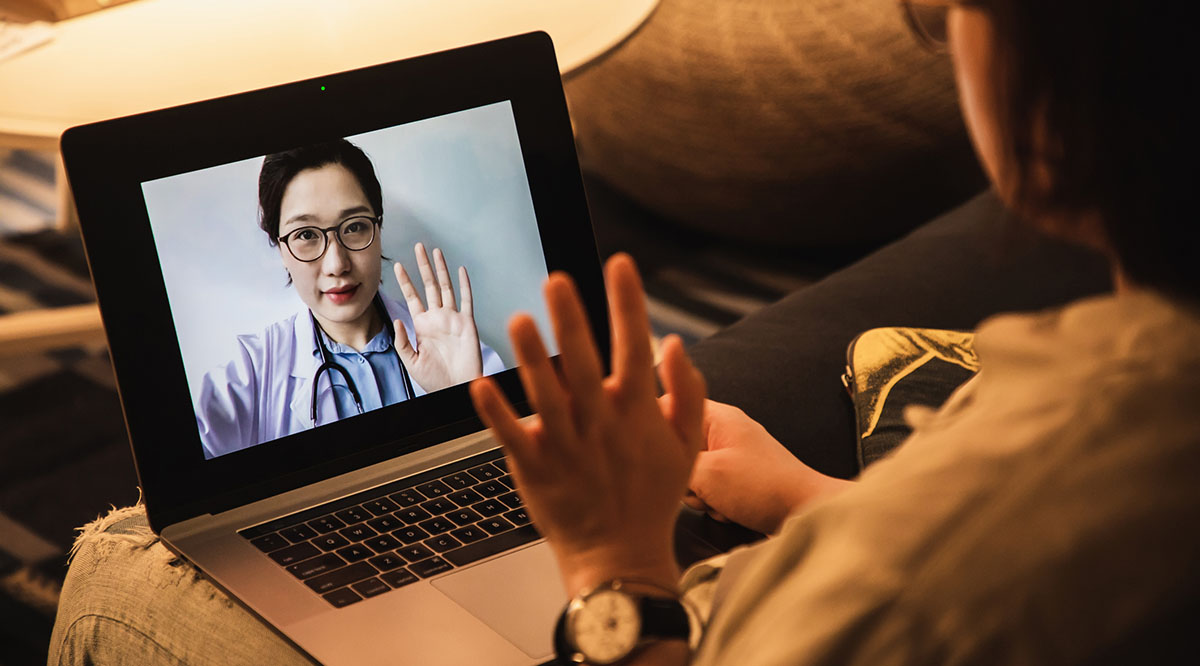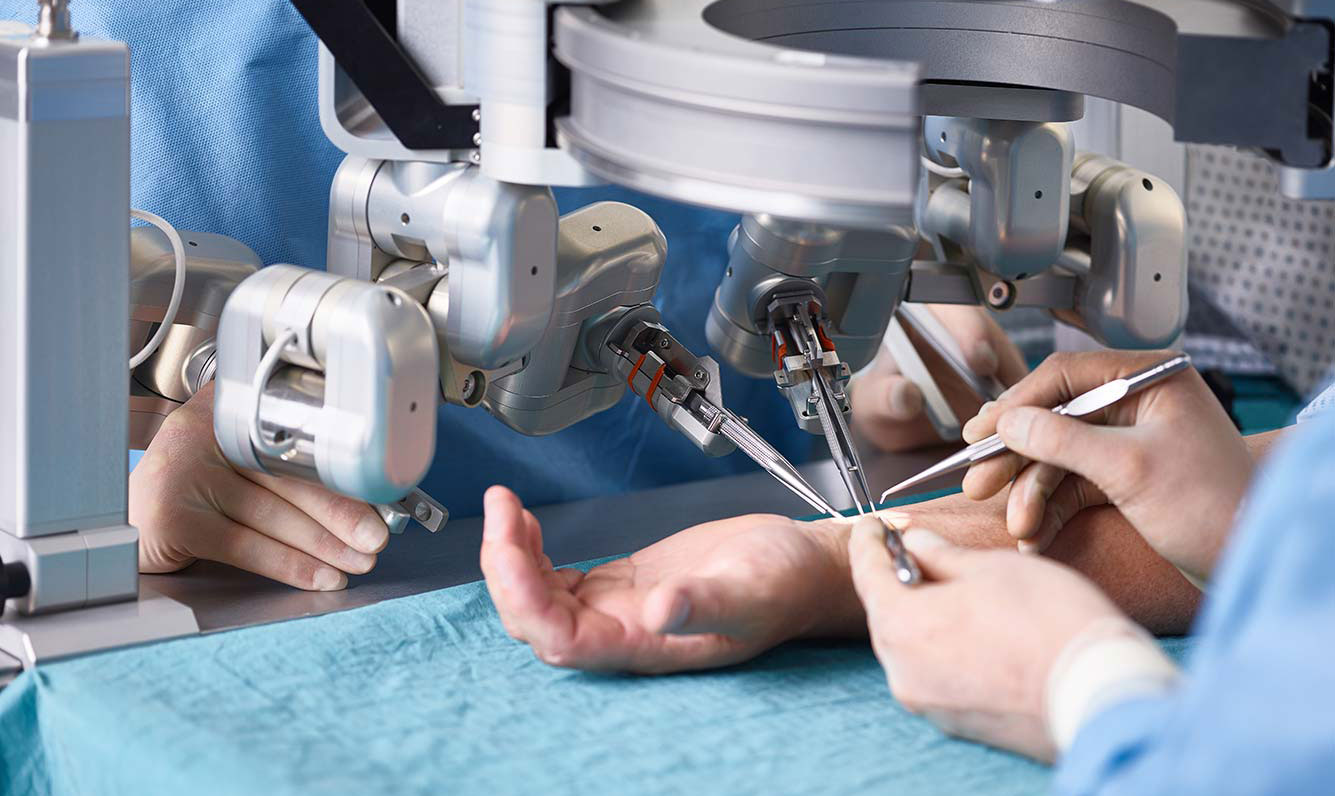
What would we do today and where would we be if we didn’t have technology? In the past couple of years, it has provided us with numerous spectacular changes in many areas, including the health industry. Many beneficial medications have been developed, and more treatments are available precisely because of it. And it doesn’t stop there!
It seems like people in this industry are continuously working to improve health care and enable patients to get exactly what they need. There are now more tailored healthcare insurance plans like catholic healthcare sharing for families that are securely faith-based and want to have that reflected in their health plans. With all this in mind, here are some examples of how technology has enhanced our medical systems in different ways!

1. Improved Connectivity Among Doctors
Numerous digital platforms have once again defined the entire social sphere and the latest technology has simplified things when it comes to connectivity among doctors. It is now easier for them to communicate with each other and share important data.
Brand-new applications that are currently on the market enabled many people from the medical industry to discuss their newest information and start the conversation by utilizing their mobile phones. The evolution of technology over the years has widely shaped the processes of communication that healthcare workers are required to have with each other. Mobile phones and incorporating a SIP trunk (you can read article here) into other telephone systems has widely contributed to this phenomenon over the years.
2. Telehealth
This involves virtual healthcare that utilizes technology to enhance communication between patients, doctors, and clinics. With this powerful tool, they are now able to exchange important information, monitor the condition of their patients, and make sure the best possible care is provided to them.
This is another outstanding example of how technology has modernized the overall healthcare experience by enabling people to have access to various healthcare services no matter where they are.
With the latest applications, communication between doctors and patients is much faster and more efficient. You can read more online about it to see how beneficial it is. Finally, it’s very comforting to know that now you do not have to spend hours and hours sitting in a waiting room and wait for someone to help you!

3. Easily Accessible Information
Those that are constantly having any health concerns and are worried about their symptoms can quickly find any info regarding their issues online. This is a great alternative for individuals who cannot immediately reach their doctor and get advice from him or her.
And not just that! The internet saves their money in case they are having a minor problem and do not have to spend their cash on doctor visits. Still, this advantage has its flaws. A lot of people start experiencing anxiety as soon as they see that their symptoms can be related to something much more serious than it actually is.
All of this can lead to self-diagnosing, which can trigger panic attacks and other mental problems. That’s why if you consider yourself to be hypochondriac, do not Google, but simply schedule an appointment to ease your worries.
4. Robots
Utilizing robots to assist doctors during surgery has been of great help when it comes to precision, and also regarding the invasiveness of numerous proceedings. With their help, people can recover much faster and experience milder pain than usual.
Having surgery is stressful for both patient and surgeon. That’s why it’s always good to have a robot by your side, to help alleviate stress, which is an important thing in any situation of this kind.

5. Disease Control
With the development of various software and pharma marketing data strategy, the World Health Organization has been able to categorize illnesses, their symptoms, and cause into a huge database that contains over 14,000 individual codes.
With the help of these programs, medical experts are now able to monitor, retrieve, and use every important information to combat and control most diseases and provide their patients with high-quality healthcare.
Moreover, this software has a key role in supervising procedures and utilizing billing methods that are designed to decrease paperwork levels. Employing medical billing companies for expert assistance on revenue management and health insurance can also ease the technical job requirements in the medical industry. Patients are now much more satisfied with the general healthcare service all thanks to these programs.
6. 3D Printing
3D printing has generally affected many industries in a positive way. This also includes the medical industry. Now, people who are working in the healthcare sector can print out implants, synthetic skin, as well as prosthetics without spending too much money. Additionally, they can also make models that look like real people and practice on them!

All of these technological advances (and we’ve only named a few) have drastically enhanced the medical system, by providing it with numerous useful tools that have modified clinical practice. Most healthcare providers are spending a substantial amount of money on the latest digital solutions to make sure their patients are getting the best possible care. We are impatiently waiting to see what 2021 will bring!

